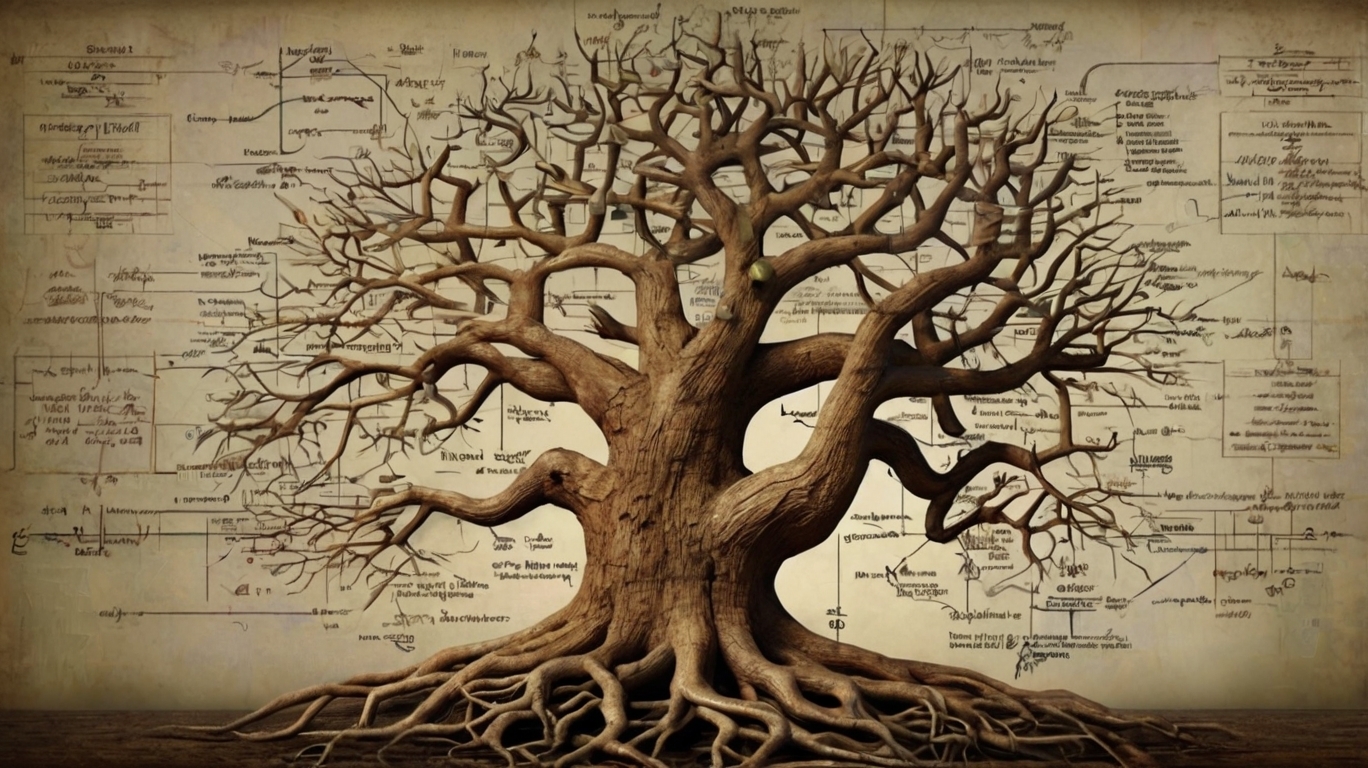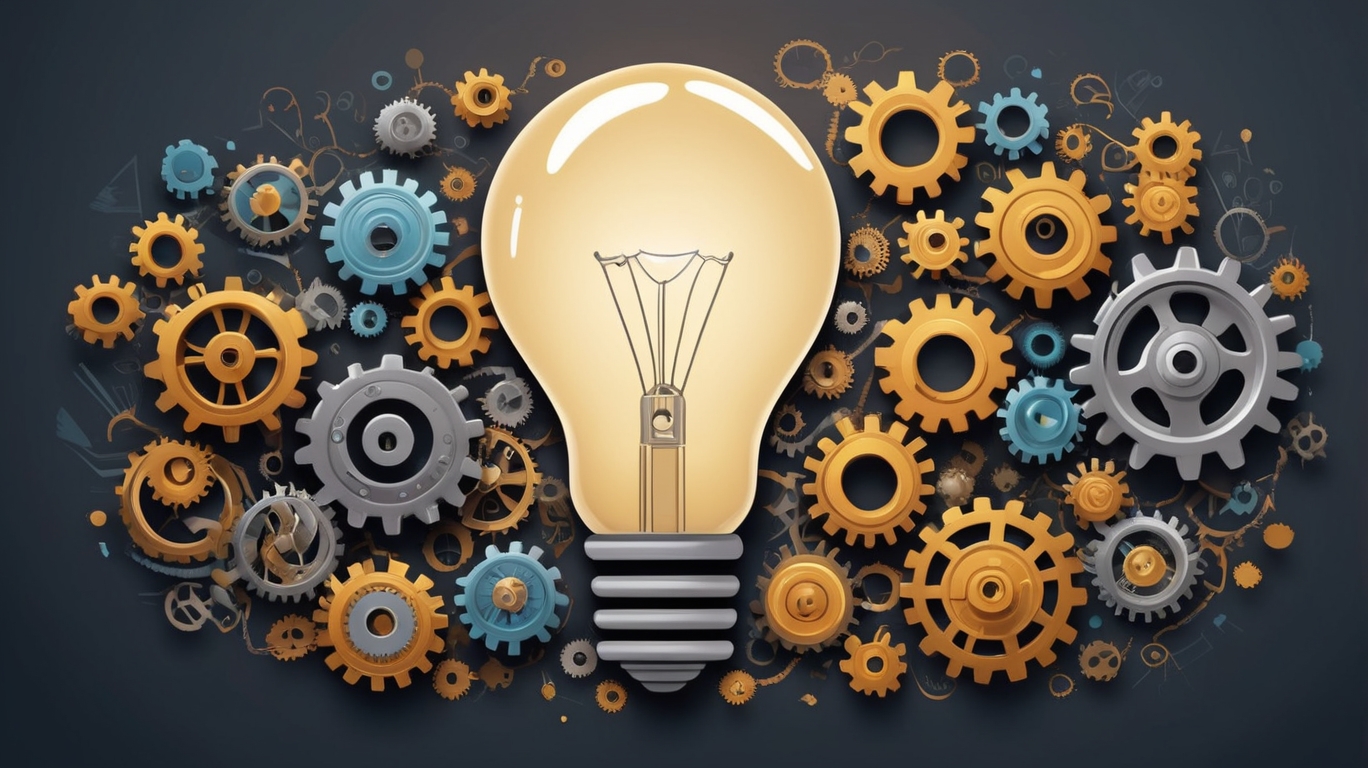Introduction
As I sit in my office at the university, surrounded by the hum of computers and the distant chatter of students, I can’t help but reflect on the dramatic changes I’ve witnessed in education over the past few years. The rise of artificial intelligence has been nothing short of revolutionary, and nowhere is this more evident than in the halls of academia. Let me take you on a journey through the landscape of educational technology in this new age of AI, as seen through the eyes of an academician and EdTech enthusiast.
The AI Revolution Hits Home
It was just last semester when I first noticed the change. I was teaching Editing for graduating class Students’ of English Language and literature Department their writing assignments suddenly showed a marked improvement – not just in quality but in style and depth of analysis. At first. I was thrilled for a second, thinking our teaching methods had finally broken through. But then the reality hit me: this transformation was too rapid, too uniform. AI had entered our classrooms, whether we were ready or not.
In Ethiopia, the effect is equally pronounced. High schools and universities are grappling with this new reality. Students who once struggled with complex concepts are now producing work that would have been beyond their reach just months ago. It’s a stark reminder that AI’s global impact transcends economic and technological boundaries.
The Inevitability of Change
As I watched this unfold, I realized that resistance was futile. AI in education isn’t just coming; it’s here. The question is not whether we should embrace it, but how we can do so responsibly and effectively.
In response, higher institutions worldwide are scrambling to implement new policies and guidelines. I’ve been part of countless committee meetings, trying to balance leveraging AI’s potential and maintaining academic integrity. It’s a delicate dance, one that requires constant adjustment and reflection.
Rethinking Roles and Infrastructure
This technological shift is forcing us to reconsider fundamental aspects of education. What does it mean to teach in an age where information is instantly accessible and AI can easily explain complex topics? How do we redefine the roles of students and teachers?
I’ve seen firsthand how this is playing out in our classrooms. But with these changes come challenges. Our physical and digital infrastructure needs a major overhaul to support this new paradigm. And perhaps more critically, we need to invest heavily in reskilling educators. I’ve advocated for professional development programs focusing on AI literacy and integration, believing our teachers must be at the forefront of this revolution. The Ministry of Educations end of year training has shown some potential despite the discrepancy of implementation across institutions at least it has informed teachers what’s coming and to rethink their standing in this change driven landscape.
Ethical Considerations and Policy Implementation
As we venture into uncharted territory, ethical considerations have become paramount. In my role on the university’s ethics committee, I’ve grappled with questions of data privacy, algorithmic bias, and AI’s potential to exacerbate existing educational inequalities.
We’re working tirelessly to develop guidelines that protect student privacy while allowing for the benefits of data-driven insights. It’s a complex task, but crucial for the responsible integration of AI in education.
Envisioning the Future
Despite the challenges, I’m excited about the future. I’ve seen how AI-powered adaptive learning platforms can provide personalized education at scale. I’ve marveled at AI tutors offering 24/7 support to students, breaking down time and distance barriers.
The potential for AI to democratize education and make high-quality learning accessible to all is immense. Realizing this potential will require careful planning, ethical consideration, and a willingness to reimagine education from the ground up.
Looking out my office window at students crossing campus, I’m reminded that education is fundamentally about human potential. AI is a powerful tool, but it’s just that – a tool. Our challenge and opportunity lie in using it wisely to augment and enhance the irreplaceable human elements of teaching and learning.
The journey ahead is uncertain, but one thing is clear: the age of AI in education is here, transforming everything in its path. As educators, students, and lifelong learners, we must be ready to adapt, learn, and grow alongside these powerful new technologies.
What are your thoughts on this AI revolution in education? How has it affected your learning or teaching experience? I’d love to hear your perspectives as we navigate this brave new world together.


